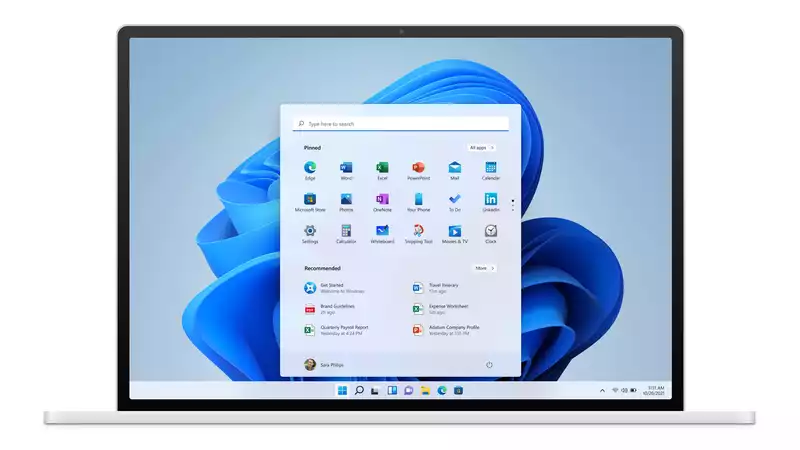Windows 11 users are now facing another glitch that is slowing down desktop performance. Unlike the Windows 11 issue that slows down some AMD processors, this glitch occurs when changes are made within File Explorer. A fix for the file explorer issue is currently available in a preview build and should be available to all users soon.
As Microsoft explains in a blog post on Windows 11 Insider Preview build 22478, "When navigating to a folder, the command bar is performing unnecessary calculations, causing unexpected performance degradation. This is also believed to be the root cause of performance issues when using drag to select files or using the arrow keys to navigate within a particular folder.
The preview build also fixes another bug in File Explorer where the "Show Hidden Items" option would appear unexpectedly when multiple File Explorer windows were open.
Windows 11 has been experiencing memory leak issues in File Explorer since its launch on October 5; as TechRadar has reported (based on anecdotal information from Reddit users), some Windows 11 users have been closing programs and every time they reopen it again, they are seeing a steady increase in the amount of RAM used by File Explorer. At least one user reported that File Explorer eventually used over 1 GB of RAM, significantly slowing down their computer.
Since File Explorer is a fundamental program in Windows 11, we hope that Microsoft will resolve these glitches as soon as possible. Anecdotally, I myself recently noticed a slowdown when using the File Explorer search bar in Windows 11. I don't know if this is related to a memory leak glitch or another quirk of Windows 11, but at any rate, it is not ideal to have a PC operating system slow down or glitch when using core programs.
If it is any consolation, one must remember that operating systems always start up with bugs and other glitches. Users who install an operating system on day one usually have to grit their teeth and be patient until the corrected version arrives. As noted in our review of Windows 11, the OS does not have to be installed right away. If possible, it is best to hold off on upgrading to Windows 11 until Microsoft resolves more issues. Of course, if you upgrade and are not satisfied with Windows 11, don't forget that you have a 10-day period during which you can easily downgrade to Windows 10! Microsoft has promised to support Windows 10 until 2025, so there is still time to upgrade.










Comments